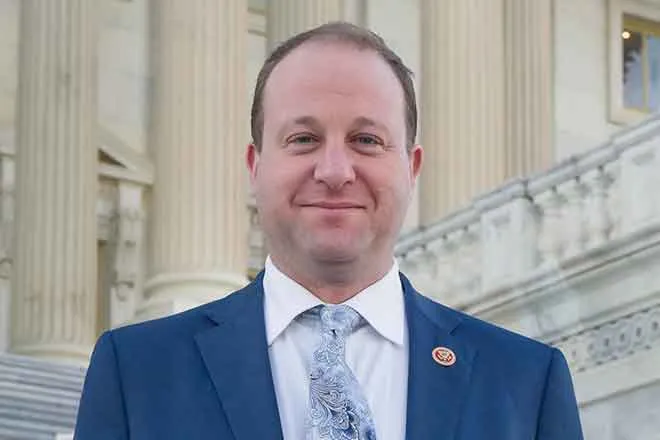
New report details extent of Colorado's housing affordability crisis
Robert Davis | The Center Square contributor
(The Center Square) – A new report details just how dire Colorado’s affordable housing crisis has become.
The Common Sense Institute (CSI), a free-enterprise think tank, on Friday released a report saying the state needs to develop more than 51,000 new housing units annually to meet demand.
New residential construction in the state is 46% behind the national average, according to the report.
“We need transformational changes that can bridge the divide we have in our communities that has led to a broken housing development value chain,” the report said. “The conclusions of this report offer practical solutions to break us from the status quo. While they require bold action from our state’s housing leaders both in the public and private sectors, the time to act is now.”
CSI developed the report by interviewing more than 40 housing experts in Colorado. The interviews spawned the seven guiding principles that the report detailed could lead to “positive change” in Colorado’s housing market.
First, the report said Coloradans need to do away with the “YIMBY v. NIMBY” dialogue about housing and start being honest about the conversation. This includes embracing growth because it “increases our tax base” and “sustains our communities,” according to the report.
The report suggested reforming the “common notion” that housing developed for people earning 60% or less of an area’s median income must “pay its own way.” Part of this reform includes finding proportional, equitable, and sustainable ways for a city to grow.
The report also said city officials need to understand that the private market will not solve the issue, nor will any “inclusionary” zoning policies on their own.
“Because we want solutions that unleash the talent and skill we possess in our state, we released ourselves from any tribal loyalties and trusted one another to pressure test and think through big ideas,” the report said. “We are asking our leaders and housing partners to do the same and we have some ideas to share.”















